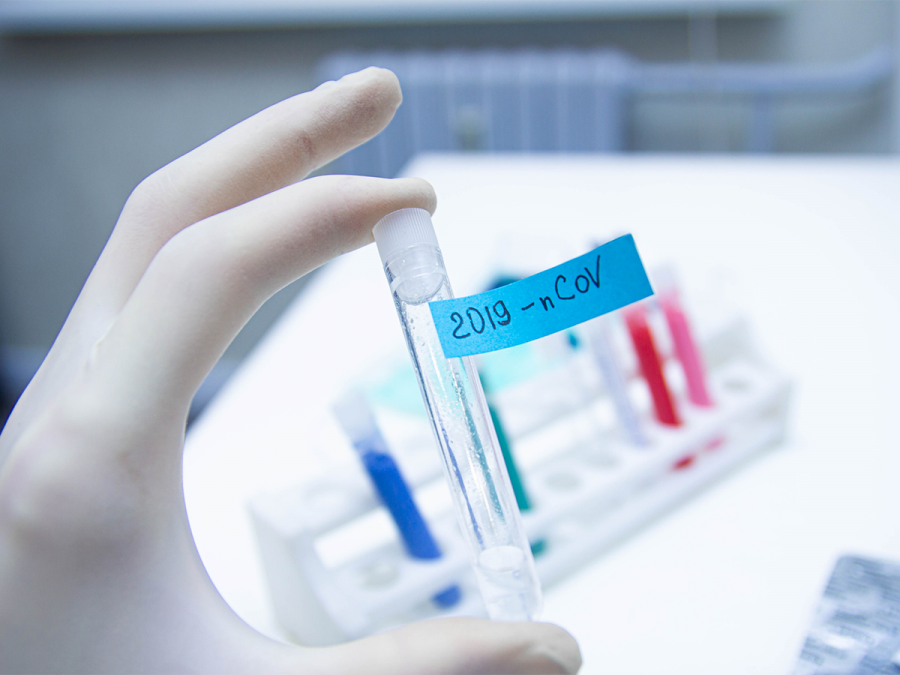Experts say that a balanced diet and regular exercise keeps a person fit for a longer duration. A balanced diet contains all the nutrients a person’s body needs, and regular exercise helps the body absorb those nutrients and keep the organs functioning efficiently.
Another important factor that can help you attain long-term health is performing regular medical checkups, particularly when a person is in his/her 30s. 4 Armed Health is a one-stop solution that offers effective diagnostic and screening service that helps to identify various health issues a person may be facing.

Purpose of Screening and Diagnostic Tests
The purpose of screening and diagnostic tests is to identify any underlying medical problem that can turn into a chronic disease and cause pain and stress. An acute illness is short-term and something that can be cured if a person takes medicine but a chronic illness, on the other hand, is long-term, and regaining proper health requires extensive treatments.
Screening is a process where doctors study a patient to identify if there are signs and symptoms of any underlying medical issue so that treatment can be done as quickly as possible. For example, if a person feels a sudden weight loss or lumps on his/her body, then a screening test will help detect a possible tumor that can turn into cancer.
On the other hand, a diagnostic test is a doctor taking a blood sample or biopsy to confirm if a patient has a particular disease or not. A biopsy is a common medical procedure where a doctor takes a piece of the patient’s tissue. Then a pathologist sees the sample under a microscope and runs tests to confirm an illness.
Common Screening and Diagnostic Tests
4 Armed Health has a highly trained team of professionals who run screening and diagnostic tests and plan a long-term and effective health strategy with the patients. The common tests include
- Blood tests
- ECG (electrocardiogram) tests and echo
- Pharmacogenetics and psychiatric genetic testing
The steps in the screening and diagnostic test include
- Consultation
- Appointment to perform various tests
- Analyzing and examining results
- Making a particular future health plan
There is a state-of-the-art clinic where all the screening and diagnostic tests are done with modern equipment and tools. The diagnosis is important to know about the type of illness and the likely chances of illness developing into a chronic ailment. For example, a doctor can perform screening and diagnostic tests to determine the stage of cancer. If cancer is detected early, then it can be treated effectively, whereas it becomes quite difficult if cancer spreads.